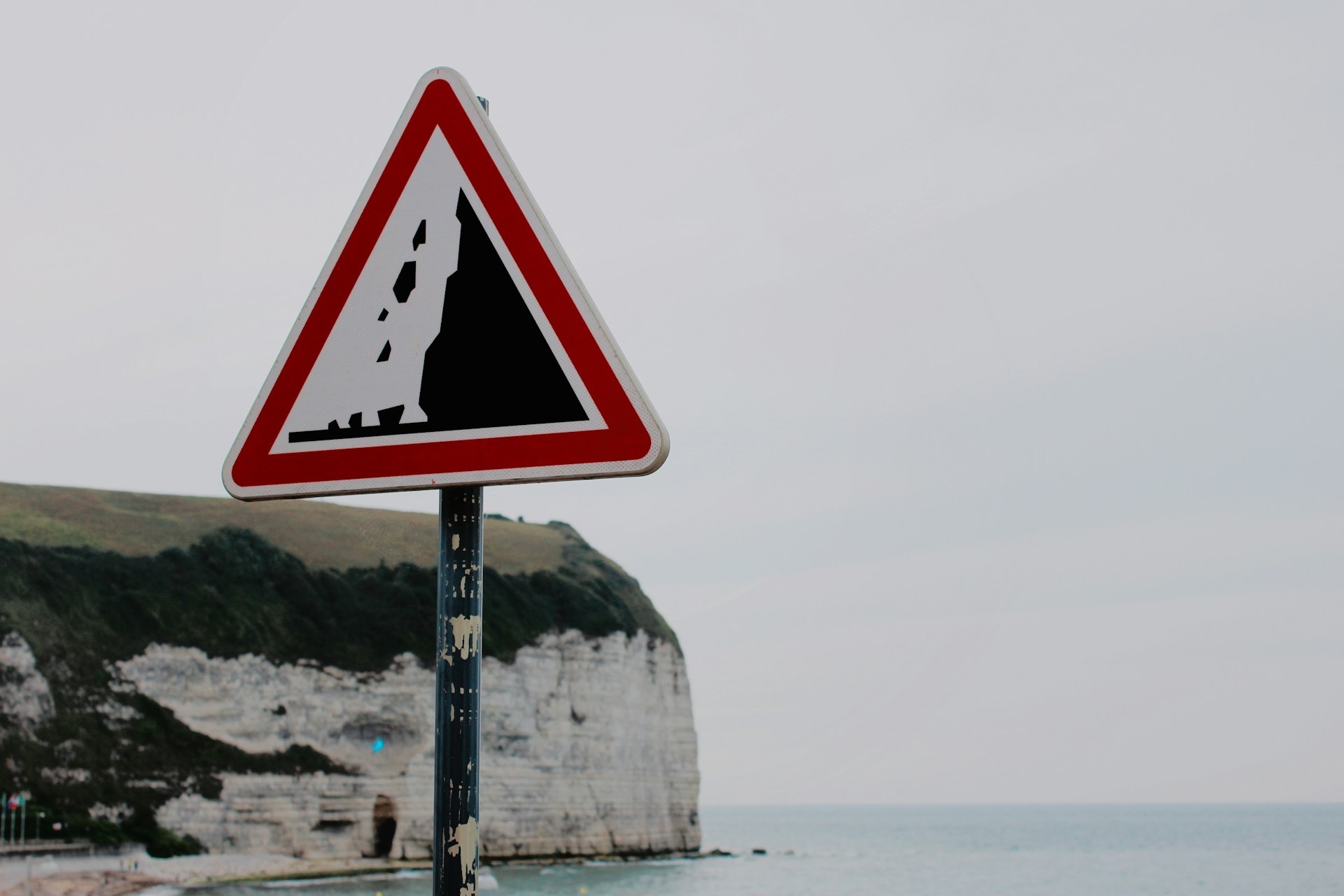Michael Rosen explores the history and meaning of the word "landslide"

Landslide, 19th century: A collapse of a mass of earth or rock from a mountain or cliff
There was nearly universal agreement that Labour’s election victory was a “landslide”. Putting two words together, as with “land” and “slide”, is common in English. In this case, it’s a noun plus a verb, as with “rainfall” or “haircut”. The two elements both have Old English origins: “londe” and “slidan”.
The Oxford English Dictionary records the first time these very old words were stuck together as 1822, in the US publication the Boston Daily Advertiser, when it referred to an acre and half of land on the brow of a hill in Hudson sinking and then becoming “severed”. By 1856, this idea of significant earth-moving had become metaphorical. Readers of the Boston Daily Atlas were told to look out for an electoral landslide.
The first recorded British use was much later, in 1896, and referred again to US politics, describing William McKinley becoming president. (Will people who object to Americanisms add “landslide” to their list of offending words?)
By 1936, Punch magazine was comfortable using the word for British politics too, when looking back at the “Conservative landslide” in the general election of 1906. But Punch was not describing a win for the Tories. They were recalling how the Conservatives, led by Arthur Balfour, lost more than half their seats, including Balfour’s own seat, leaving them with their fewest recorded seats in history – until this year, that is.
Today, “landslide” is usually used in reference to a clear victory by a party or candidate in an election. But if the metaphor could suggest a more general seismic change in opinion, we could say that the landslide in 2024 really related to the Conservatives, and not to Labour. Looking at the raw total of votes, otherwise known as the “popular vote”, Labour won fewer this year than in the previous election. In contrast, the Conservative vote slumped by more than seven million, which one could cheekily say did resemble an acre and a half of land on the brow of a hill in Hudson sinking in 1822.
This is a preview from New Humanist’s autumn 2024 issue. Subscribe now.
Michael Rosen writes a regular language column for New Humanist. Find more here.

